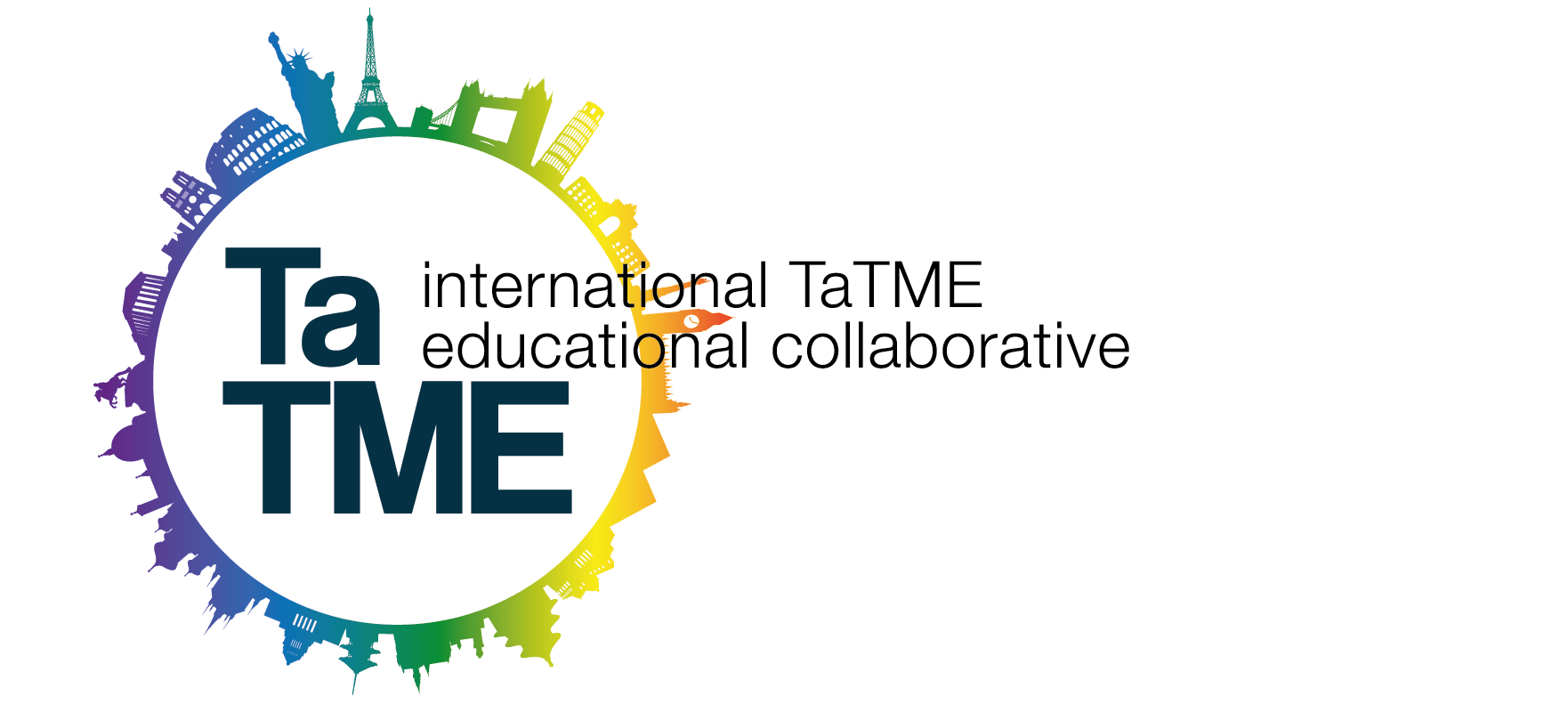International TaTME registry is for better monitoring and insight to colonic cancer treatment, survival and on going quality of life.
After extensive preliminary work on models, the first taTME case on a human being was performed in Barcelona in 2009. Since then, there has been a rapid increase in the number of surgeons adopting this technique throughout the world. It is however essential that the introduction of any new technique occurs in a safe and monitored manner. For this reason, a team based in the UK set up an international database, called the taTME registry, funded by the Pelican Cancer Foundation.
The registry captures a vast amount of information about every aspect of a patient’s journey through their cancer treatment. All data is anonymised, kept confidential and stored on a secure encrypted system. To date, over 1650 operations have been recorded from 34 different countries worldwide. The database also includes a set of validated questionnaires that explore patient’s bowel, urinary and sexual function as well as their quality of life.
Survivorship has become an important aspect of cancer care. As proposed by the Cancer Survivorship Campaign, it’s not just about living longer but also about living with a decent quality of life. The Oxford Colon Cancer Trust, Occtopus, also acknowledges the importance of helping people improve their quality of life by identifying any changes in their bowel, urinary and sexual function. Occtopus has contributed to the creation of online functional and quality of life questionnaires that patients can complete and review with their caring team.
Occtopus has also funded Dr Marta Penna’s PhD research project to analyse all the TaTME registry data and work on educational projects to further improve surgical training of TaTME.

